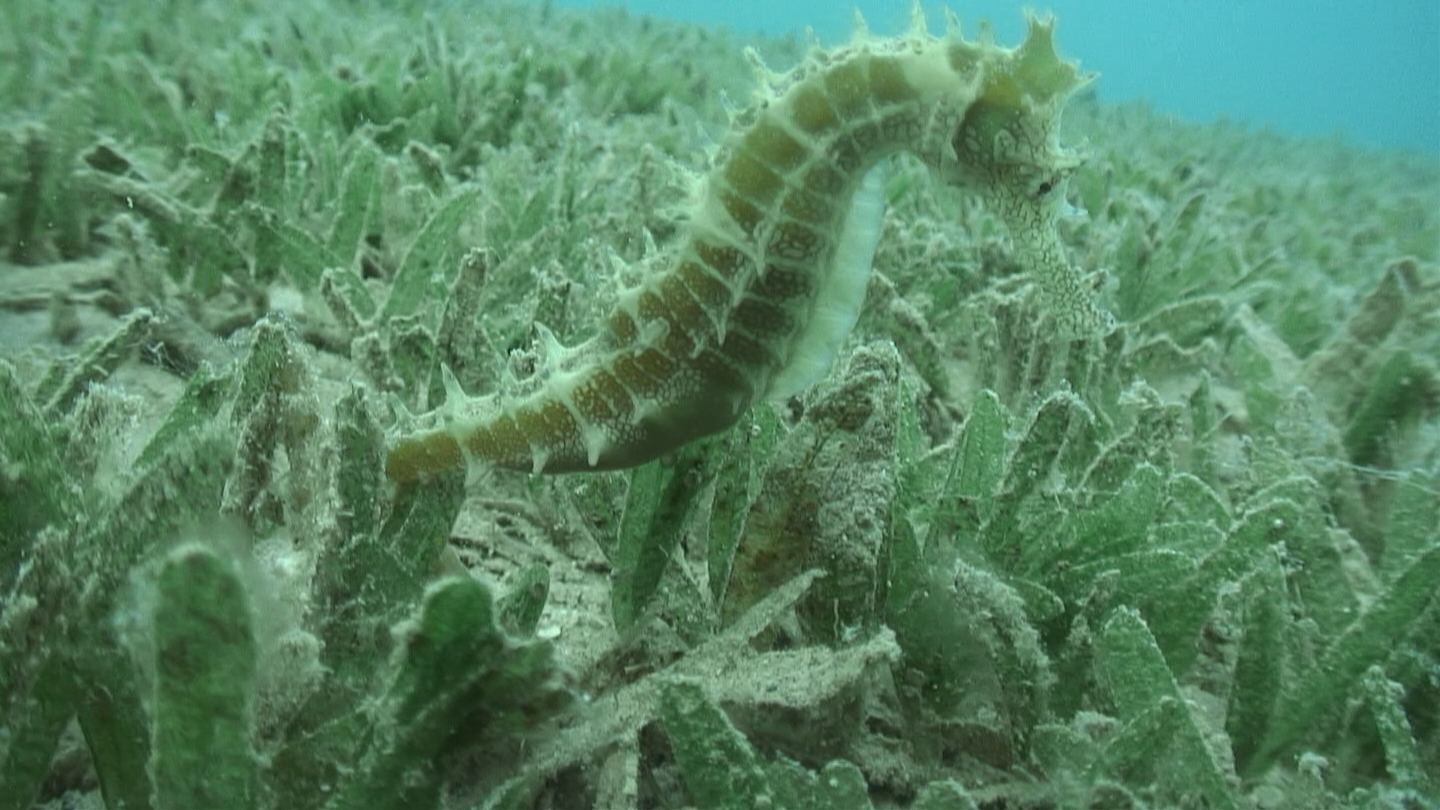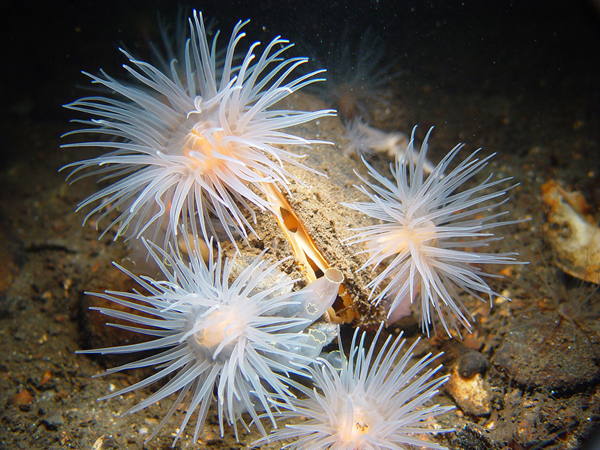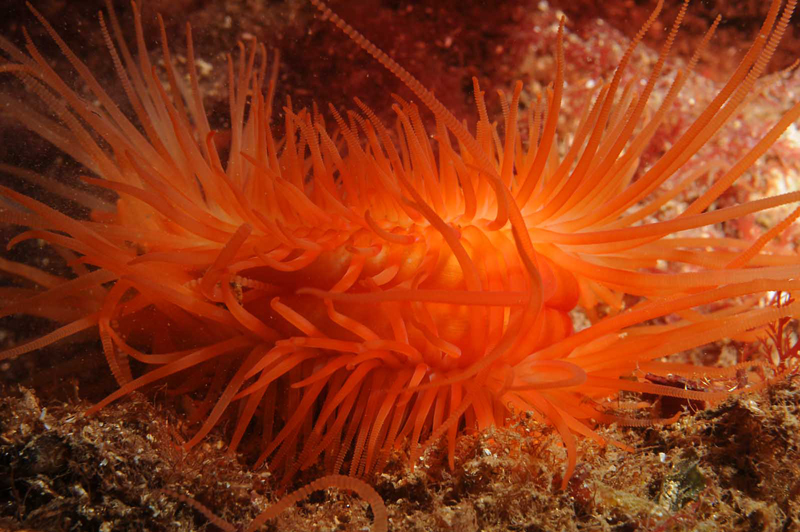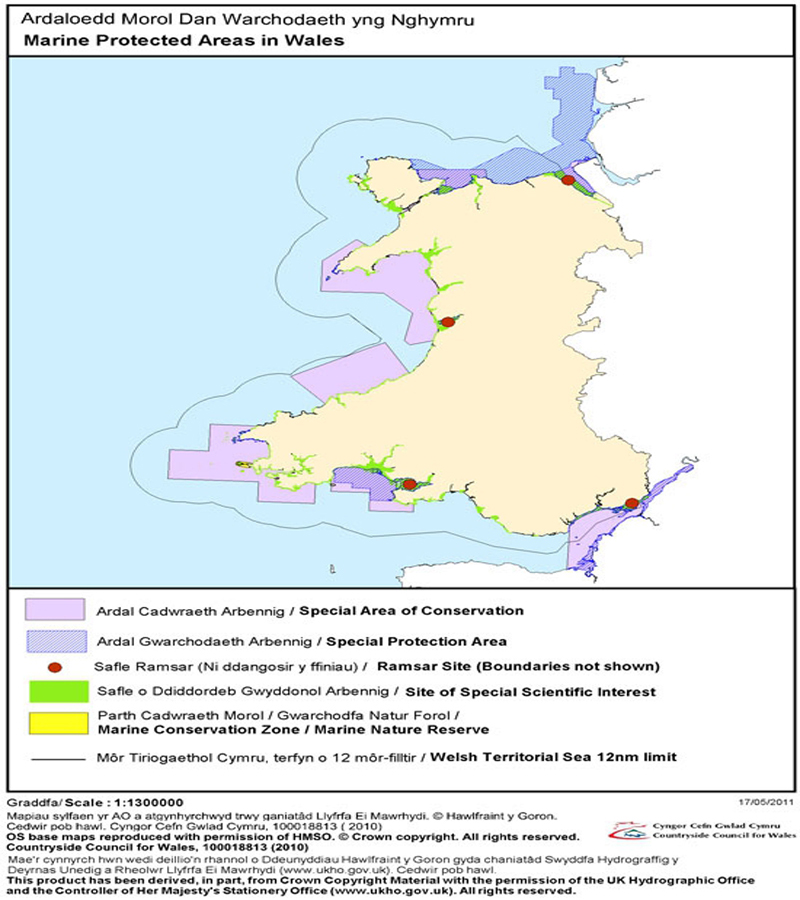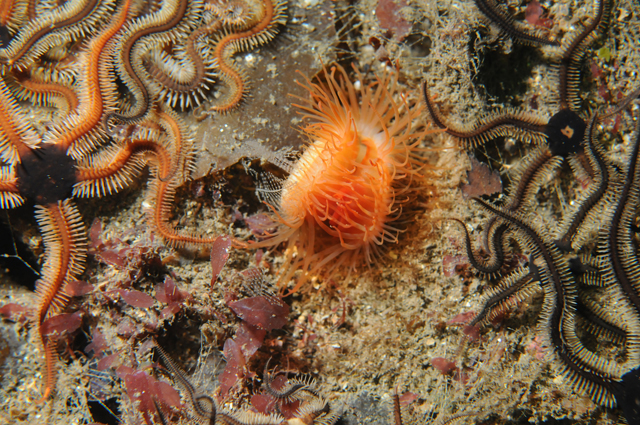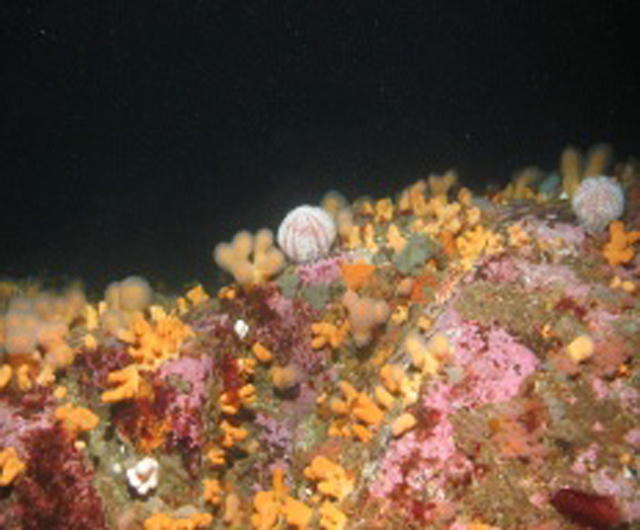The 48 areas proposed by The Wildlife Trusts are said to be the final gap-fillers in the ‘blue belt’ of England's MCZ network
The Wildlife Trusts’ new report is calling on the Government to secure the missing gaps in England’s Marine Conservation Zone network with the third and final tranche of sites.
Entitled ‘The case for more Marine Conservation Zones’, the report identifies 48 areas within English waters that, if designated, will complete an ecologically coherent network of special places where habitats and wildlife can flourish to safeguard healthy and productive seas for the future.

Marine Conservation Zones in England: current and potential
The report is published in advance of the government’s plans to announce a third and final phase of Marine Conservation Zones – the government plans to consult the public in 2017 and designate the chosen zones in 2018. The report will be presented to the environment minister, Therese Coffey.
Joan Edwards, The Wildlife Trusts’ head of living seas, said: ‘This is an unprecedented opportunity to create an effective network of protected areas at sea. If the government lives up to its stated commitments such a network would put us at the forefront of worldwide marine conservation. Designating these 48 wild havens in England as Marine Conservation Zones would go some way to guaranteeing a future for the extraordinarily diverse natural landscapes that exist beneath the waves off our coast.
‘The government designated 50 zones in the first two phases. Unfortunately, this does not provide us with the really comprehensive network needed to enable marine wildlife to thrive once more. We need a sensible number, in the best locations and with the right degree of connectivity between areas. We hope that the government will aim high and hit the 48 mark for this last phase.’
The 48 areas proposed by The Wildlife Trusts will be the final gap-fillers in the ‘blue belt’ and vary from sea grass beds in the south, which provide protected areas for our two species of seahorse, to deep sea mud, brimming with burrowing animals including sea pens and the incredibly long-lived ocean quahog, a clam species which can live up to 500 years.
Joan Edwards added: ‘We know that the public support a strong ecologically coherent network of protected areas at sea and we want the government to be as ambitious as possible in order to restore decades of decline in the health of our seas and enable recovery in future.’
48 proposed Marine Conservation Zones
You can find more information about the individual sites proposed within this report online at www.wildlifetrusts.org/MCZs and a full list of sites is below.
New twist in Studland eelgrass debate
The Boat Owners Response Group (BORG) say part of the Studland eelgrass report is 'badly flawed'
RYA blasts report that ‘fails to recognise importance of robust evidence in MCZ process’
Environmental Audit Committee's report's recommendations could impact recreational boaters, says RYA
No-anchor zone removed from Studland Bay
Report inconclusive on link between anchoring and seagrass
Is Studland Bay no anchoring zone a ‘waste of time’?
Vote in PBO's poll
RYA raises concerns over quality of evidence for MCZs
The national governing body for all forms of boating says activities should not be regulated or prohibited without 'robust evidence'
Second tranche of Marine Conservation Zones announced
Defra announces the 37 English sites under consideration for inclusion in consultation
First MCZs in England to be designated this Autumn
The RYA is objecting to just one of the 31 sites proposed for designation in 2013
Decision to withdraw plans for 10 MCZs in Wales
The RYA says it's good news for boating
New Marine Conservation Zones announced
Europe’s longest chalk reef – the Cromer Shoals in Norfolk – is among the 23 latest areas to gain protected
Dredging banned in Wester Ross waters
TheScottish Government has put in place an urgent Marine Conservation Order to safeguard seabed habitats off Wester Ross in northwest…
Protection measures for Scottish seas outlined
Stronger seabed protection measures unveiled in response to widespread support for Scottish MPAs





